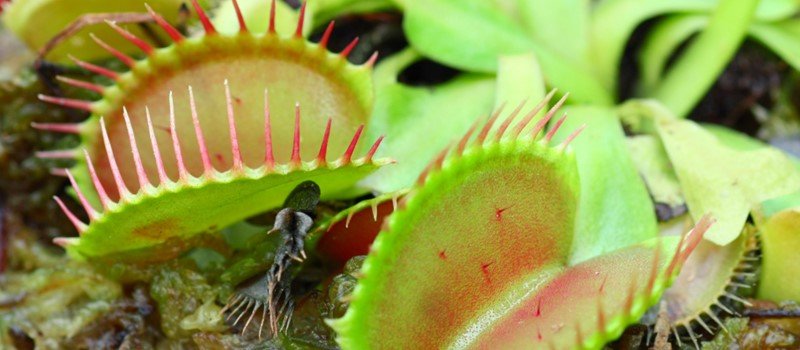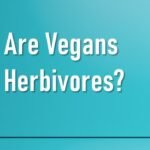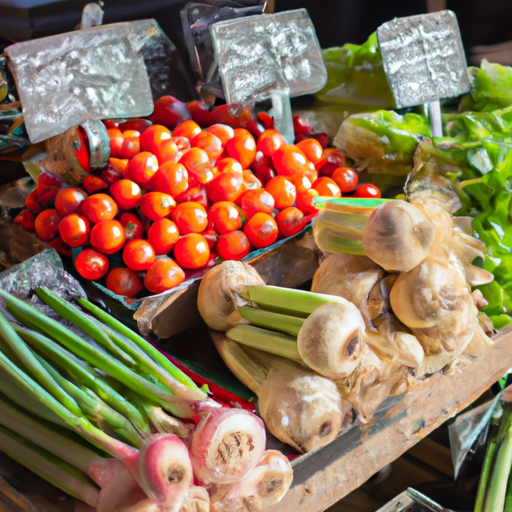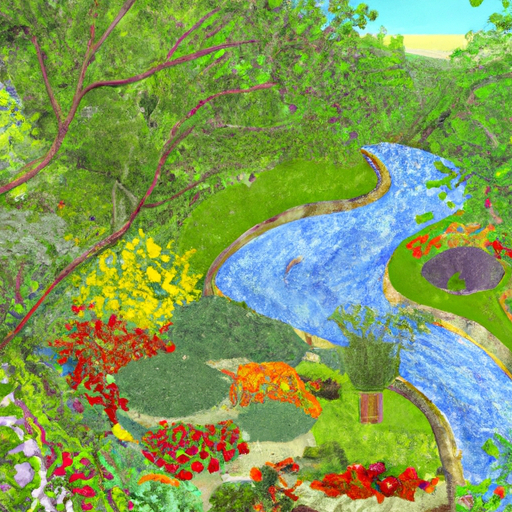Venus fly traps are one of the better-known carnivorous plants. These types of plants can survive in nutritionally deficient soil because they are capable of trapping and consuming insects as a secondary food source. But, are Venus fly traps vegan? Is owning a Venus fly trap vegan?
The Nature Of A Venus Fly Trap
Venus fly traps are attractive plants that grow in certain regions around the world. Originally believed to have been first found in the Carolinas, they now grow in unusual places as far afield as the Philippines, in southeast Asia.
These fly traps don’t just catch flies. They capture many small insects, plus arachnids too. So, spiders, beetles, ants, and grasshoppers, plus common garden common insects can fall prey to it.
A small capture may require half a week to fully digest it, making a modest-sized catch a hearty meal for the Venus fly trap.
Contrary to what you might think, they can survive for months at a time between catches too. So, it doesn’t take much local activity to keep them alive.
Other Carnivorous Plants
There are at least 700+ types of carnivorous plants in the world. More than these exist, but these are the ones that are documented and given an official name.
Many have long, difficult-to-pronounce names such as Sarracenia leucophylla or Nepenthes rajah. Some are easier like the Portuguese sundews or Tropical pitcher plant.
Carnivorous plants have different, often ingenious mechanisms to capture their prey.
However, the Venus fly trap is one of the most well-known.
Is It Ethical For a Vegan To Own A Venus Fly Trap?
Are Venus fly traps vegan? And is it even ethical to own a Venus fly trap?
Opinions vary even among vegans on whether it’s right to own a Venus fly trap.
Some people just like them because of how unusual they are.
Others prefer them to catch the occasional fly instead of relying on a flycatcher electrical bar that burns the kilowatts (and has an unpleasant smell when a fly is caught on one).
From an ethical standpoint, a Venus fly trap isn’t intentionally capturing insects and killing them.
It’s merely designed to do so. It has no brain or conscious decision-making ability. Some vegans stand on this as a convenient justification that it’s okay.
We would say that if your understanding of being vegan means not consuming or harming animals, including all living things such as insects, then that’s a problem.
Keeping any plant at home or in the garden – or consuming it – that actively kills insects crosses a line. Intentional or not, the answer is the same.

So, Are Venus Fly Traps Vegan?
We would say that Venus fly traps are not vegan.
While they’re unlikely to find their way into the supermarket as a delicacy, they shouldn’t even be kept as house or garden plants.
What About If A Vegan Ate A Venus Fly Trap?
We don’t see a difference between owning a Venus fly trap and eating one. Because it consumes insects and more, all of which are living things, a vegan should say no to the attractive-looking Venus fly trap.



